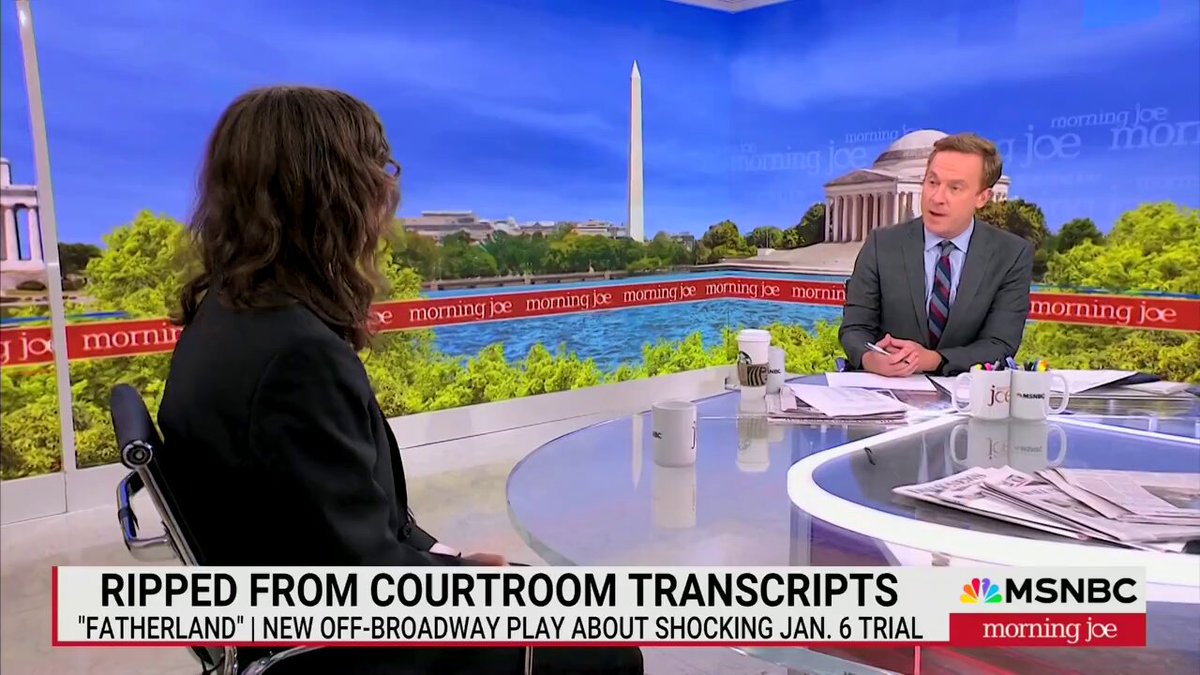The statement 'Pavlik Morozov lives' in conjunction with the image and the conversation about MSNBC interviewing kids of January 6 protesters appears to draw a parallel between the historical figure Pavlik Morozov and contemporary events. Pavlik Morozov is a controversial figure from Soviet history, often depicted as a boy who denounced his own family to the authorities, which has been used as a symbol of loyalty to the state over family. The statement and image suggest a comparison between this historical narrative and the current situation involving children of January 6 protesters, implying a critique of the media's role in influencing or encouraging children to report on their parents' radicalization. This constitutes public discourse as it engages with societal issues, media influence, and political polarization.
- The statement and image could be seen as harmful by drawing a provocative comparison that may inflame tensions rather than promote understanding. [-2]Principle 1:I will strive to do no harm with my words and actions.
- The statement does not respect the privacy and dignity of the individuals involved, particularly the children of January 6 protesters, by making a potentially inflammatory comparison. [-2]Principle 2:I will respect the privacy and dignity of others and will not engage in cyberbullying, harassment, or hate speech.
- The statement does not promote understanding, empathy, or compassion, as it uses a historical analogy that could be seen as divisive. [-2]Principle 3:I will use my words and actions to promote understanding, empathy, and compassion.
- The statement does not engage in constructive criticism or dialogue but rather makes a provocative comparison that could be interpreted as a personal attack on the children and their parents. [-2]Principle 4:I will engage in constructive criticism and dialogue with those in disagreement and will not engage in personal attacks or ad hominem arguments.
- The statement uses a historical analogy to make a point about contemporary issues, which can be seen as using influence to comment on societal issues, but it does so in a way that may not be responsible or constructive. [-1]Principle 6:I will use my influence for the betterment of society.

